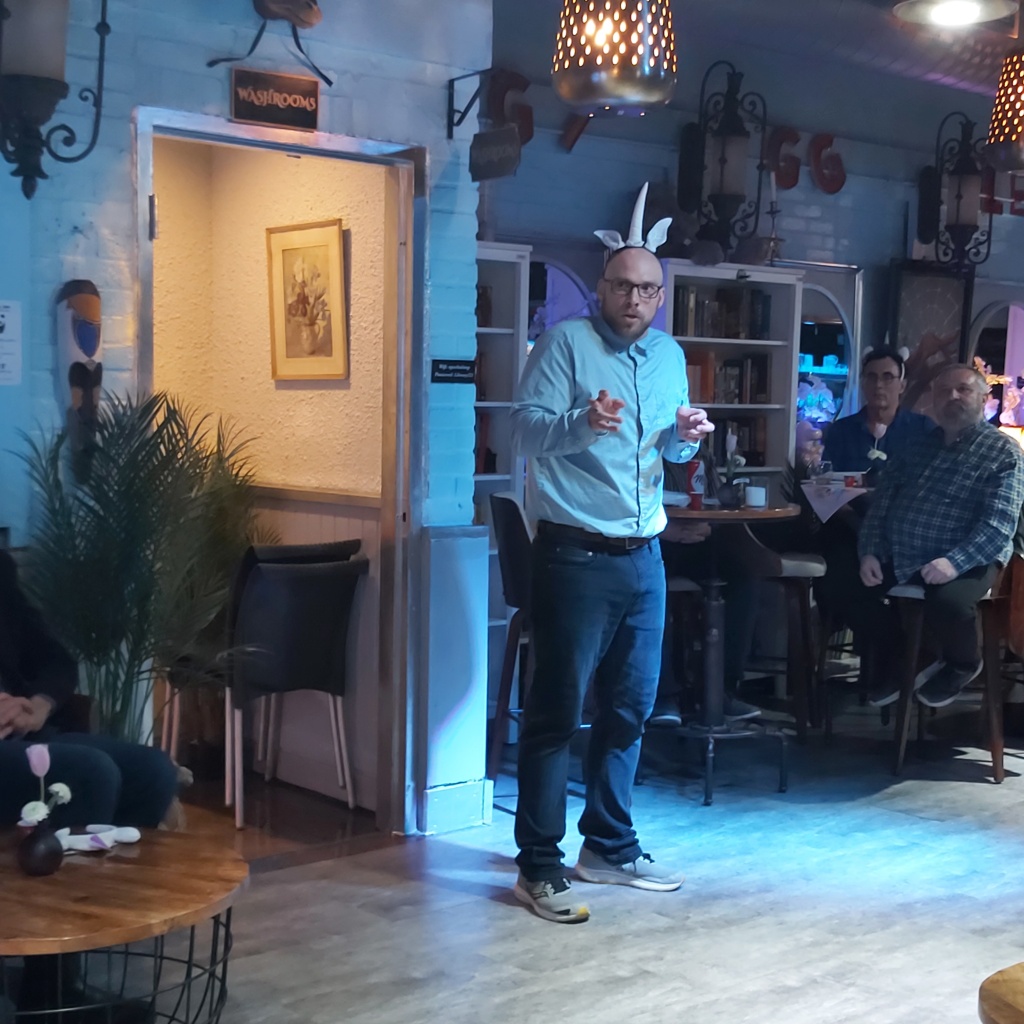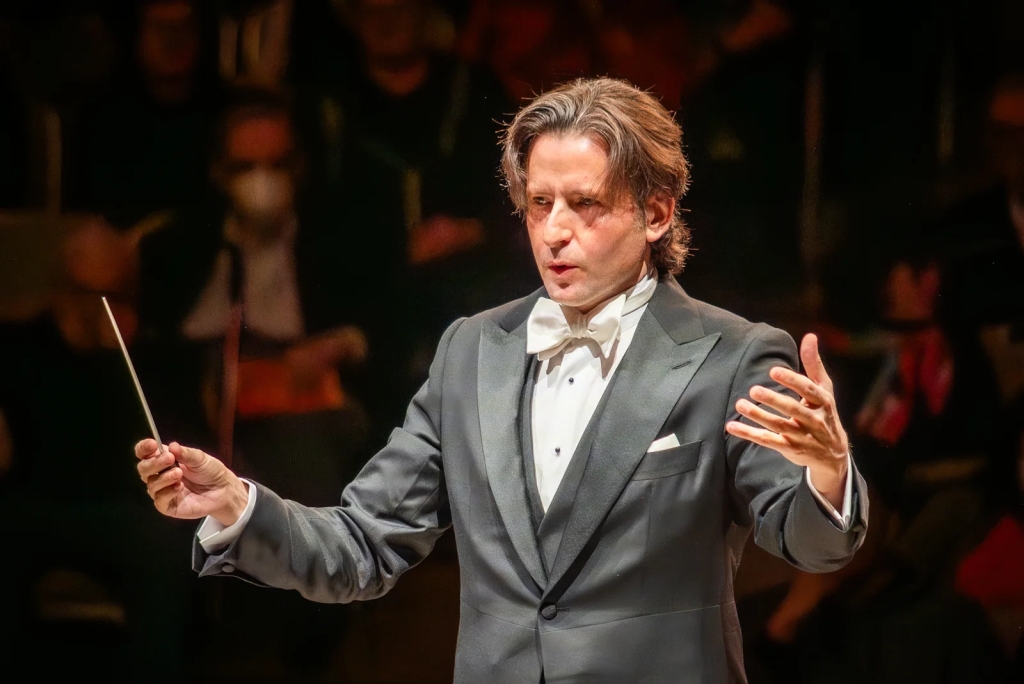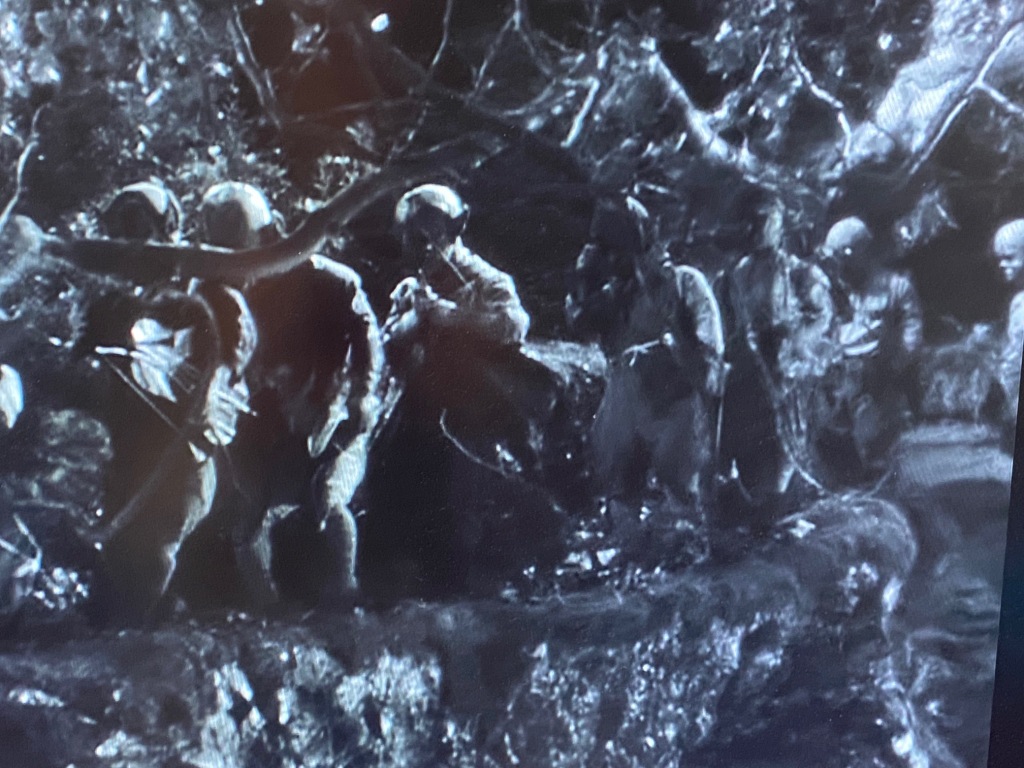I have been listening to FABLES, the excellent ATMA CD of piano music by Philip Chiu pairing two piano transcriptions of music by Ravel with Mnidoonskaa (A Multitude of Insects), a 2021 work by Anishinaabekwe composer Barbara Assiginaak.
“Fables” makes an interesting departure point for me, suggesting different ways to listen and understand music, underlined in the pianist’s personal message inside the disc, a note he signs:
“Sincerely, Phil”.
In 1999, as teenage-me sat in his bedroom listening to Mendelssohn’s Overture to A Midsummer Night’s Dream over-and-over-again, enthralled by the fantasy, heroism, and romance of a story I had never even read it dawned on me that music is undoubtedly storytelling. It tells tales without words and also adds new dimension and colour to stories we already know. Through sound and silence, music illuminates the depth of emotions and makes visceral what is otherwise intangible.
Phil reminds me of my own encounters with music meant to accompany and illuminate plays and films. There may seem to be a dilemma in this encounter. On the one hand we are invited to see images & to discover the underlying narratives that inspired the music. Yet however vivid the imagery, at the same time the pianist is still playing a piano. There is no dilemma however, given that we can hear the stories and images we see in our mind’s eye as we listen to the literal truth of the piano.
It’s a kind of magic, that sometimes a piano stops seeming like a piano. When we hear a transcription of a symphony or a tone poem the piano becomes a fantasy portal to other worlds, as though the piano were doing the equivalent to pencil sketches of colourful scenes. As Maurice Denis reminded us “Remember that a picture, before being a battle horse, a female nude or some sort of anecdote, is essentially a flat surface covered with colors.” Similarly the music at the piano may conjure other instruments and colours even though the magic was entirely through pianism.
There may be no real dilemma but pianists do face interpretive choices, ways to honour the piano score while being mindful of the poetic possibilities.
Ravel has a curious relationship with the piano. He is both the vivid impressionist orchestrator of Mussorgski’s Pictures at an Exhibition, the version most people know and love, and one of the great romantic tone-painters of virtuoso piano music in such works as Gaspard de la Nuit.
Yet the nine movements of the two Ravel works are presented in transcriptions, revised by Philip Chiu. We begin (if you choose to listen to the CD as a whole: a practice that some might call old-school, given that one may never bother with all the tracks if they prefer to download portions) with Ravel’s 1903 String quartet in F. I’m not sure what it says that Phil’s version of the work makes it sound as though it were composed at the piano, as though this is where Ravel conceived the piece: which is entirely possible. Two of the movements are among my favourites, and yet I swear to me they sound better on the piano than played by a string quartet. Is that heresy? Certainly. And my own background as a pianist who loves transcriptions is showing. I also remember hearing that some Europeans believed Shakespeare was better in translation. Perhaps transcribing distils the essence of the music. Or maybe it takes us back to what Ravel was doing in the first place.
The Ravel makes a good prelude to what follows, Book One of An Abundance of Insects by Barbara Assiginaak. I want to be careful in writing about the assumptions behind these colourful little pieces, suggesting broad swaths of colour and varieties of light & shade. Ravel the impressionist might program me to expect Assiginaak to be engaged in something similar, when the music may be enacting something else, such as celebratory ritual or dance rather than painting. I find that the pieces fly by very quickly, in the manner of lyrical meditations rather than the dramatic discourse of sonatas. Hm I said that they fly by, which come to think of it is very apt for the quick little creatures we’re meeting in these works.
The CD concludes with Mother Goose, five pieces from 1910 in transcriptions of Ravel that have been revised by Phil. These feel closer to what Assiginaak was doing in her pieces, as the pieces don’t so much tell the Mother Goose stories as sketch portraits of characters. I suppose I’m inclined to think of Denis because I think of these works as pictures, that can be brilliant whether done in the full colour of orchestra or the subtleties of a piano sketch. Phil’s piano is radiant, gleaming, a transparent reading to honour the simplicity of Ravel’s original.
These recordings feel like the personal testimony of an artist. No wonder the album won a Juno.
More information about Philip Chiu’s recording Fables can be found here.


































